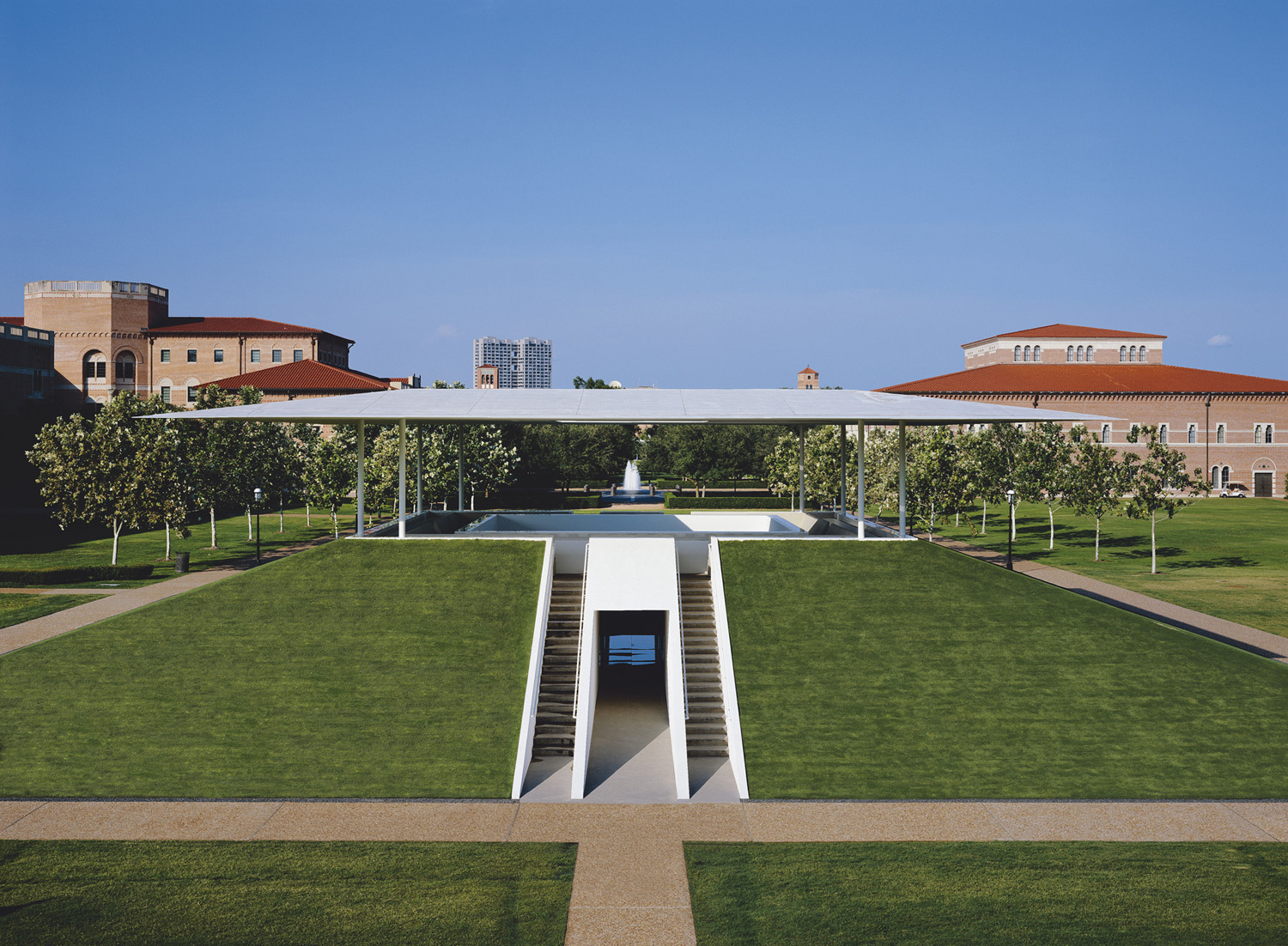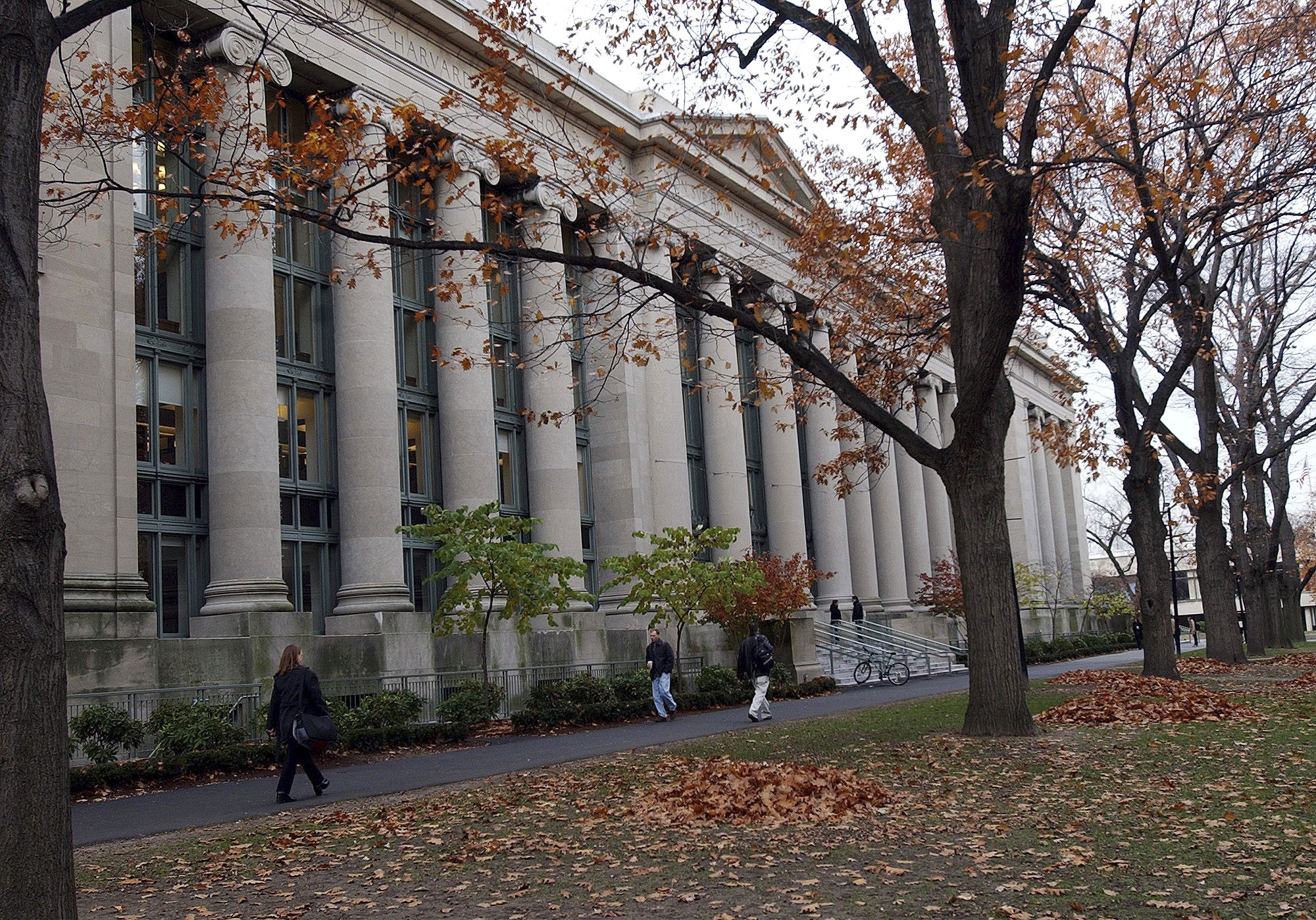
The case against legacy admissions
I am a graduate of Rice University. My husband did not go to Harvard, but three generations of family members did. Our children stand to benefit from the current college admissions system that, at many institutions like these, gives preference to family members of alumni.
In fact, they would be six times more likely to be admitted than regular applicants. Affirmative Action would have never given my half-Latino kids the same odds.
Many schools, such as the University of Pittsburgh, Carnegie Mellon University and Duquesne University, claim not to consider legacy status in their admissions decisions. CMU even includes a statement on legacies: “Your status as a potential legacy family is very important to us, but CMU’s admission process uses the same criteria for all applicants, regardless of legacy status. All applicants are evaluated fairly and individually throughout the review process.”
That may be the case, but elsewhere, legacy matters. It did at Rice back when I attended. It matters at plenty of highly selective universities across the country, including Harvard and the University of North Carolina, two schools whose admissions processes were at the center of the Supreme Court’s decision to overturn race-based admissions, also known as Affirmative Action.
Fairness for whom?
In fact, at both Harvard and UNC, being a legacy granted applicants a tremendous advantage — about 28% of students at Harvard are legacy students, as are about 17% at UNC. Both of these are significantly higher than the percentage of Black students at either university.
Twenty-two percent of North Carolina residents are Black, but at the university that supposedly serves the state, only 8% of students are Black. Meanwhile, records show that 70% of Harvard’s donor-related and legacy applicants are white, but until this week, no lawsuits had been filed to challenge the fairness and racial bias of those admissions decisions.
How can preferring the (mostly white and wealthy) family members of alumni be legal, while preferring historically underrepresented minority students is illegal? If using race — something that is inherited and innate — as a factor is unfair, how can family connections — something equally inherited and innate — be fair? If merit is what matters, shouldn’t that apply to everyone?
“Your family’s last name and the size of your bank account are not a measure of merit, and should have no bearing on the college admissions process,” argues Ivan Espinoza-Madrigal, executive director of Lawyers for Civil Rights, a nonprofit based in Boston. “Why are we rewarding children for privileges and advantages accrued by prior generations?”
Lawyers for Civil Rights filed a suit on July 3rd on behalf of three Black and Latino community groups — Chica Project, African Community Economic Development of New England and Greater Boston Latino Network — alleging that Harvard’s admissions system violates the Civil Rights Act. The case is damning. A 2019 study of Harvard admissions found that 43% of white students were not admitted due to academic merit. What is fair about that?
Money talks
The goal of Affirmative Action is to increase diversity in the student body, which many studies over many decades confirm benefits all students. Legacy admissions have a simpler goal: increasing alumni networks and access to donor money. Someone who attends a highly selective university is more likely both to donate money and to want to send their children to the same school.
Universities argue that this also benefits all students, by increasing the amount of financial aid available to students with need. But without Affirmative Action providing a counterbalance, the financial benefits of admitting the rich no longer looks so charitable — especially after glancing at these institutions’ 9-, 10- and 11-figure endowments.
President Biden said he would ask the Office for Civil Rights of the Education Department, who is reviewing the new suit against Harvard, to examine “practices like legacy admissions and other systems that expand privilege instead of opportunity.”
In addition to the legal challenge, a separate campaign is calling on the alumni of 30 prestigious colleges to withhold donations until their schools end legacy admissions. The idea is to make keeping legacy admissions as expensive as eliminating them. Money is often the only language institutions can understand.
Meanwhile, gutting legacy admissions should be a bipartisan issue: As Pew Research Center found in a poll last year, roughly 75% of Americans believe legacy preferences should not be a factor in college admissions. As usual when a supermajority of Americans agree on something, only the roar of the dollar drowns them out.
A warped system
The legacy system also distorts campus life, even for its apparent beneficiaries. At Rice, I remember talking to the scion of a large conservative family who was networking in the alumni tent. His family members had all gone to school in New England, and for him, going to Rice was a break away from the confines of expectation — a place where he could be himself. “How many people from the same family can go to Yale before it gets . . . stale?”
If I, who probably benefited from Affirmative Action, occasionally felt a deep imposter syndrome, how did the children of the rich and well-connected get through the academic year without feeling its grip? Entitlement is wild, I know, but underneath it all, isn’t merit supposed to be the great equalizer?
“Meritocracy for thee but not for me” may be an ethos, but it’s one that must corrode the spirit.
One Pitt alum I spoke to, who preferred not to be named, started donating a significant amount to Pitt soon after she found out she was pregnant with her son. She wanted to give him a leg up, as any mother would. He’s sixteen now, and to her great surprise, wants to go to school out of state.
She’s not upset — and she has not stopped sending checks to Pitt.
“I’m still grateful for everything Pitt gave me,” she told me. “My donation is more about my gratitude. Maybe my money can help someone else who wants to be at Pitt more [than my son].”
Adriana E. Ramírez, author of “Dead Boys,” is a columnist and InReview editor for the Pittsburgh Post-Gazette: aramirez@post-gazette.com.

